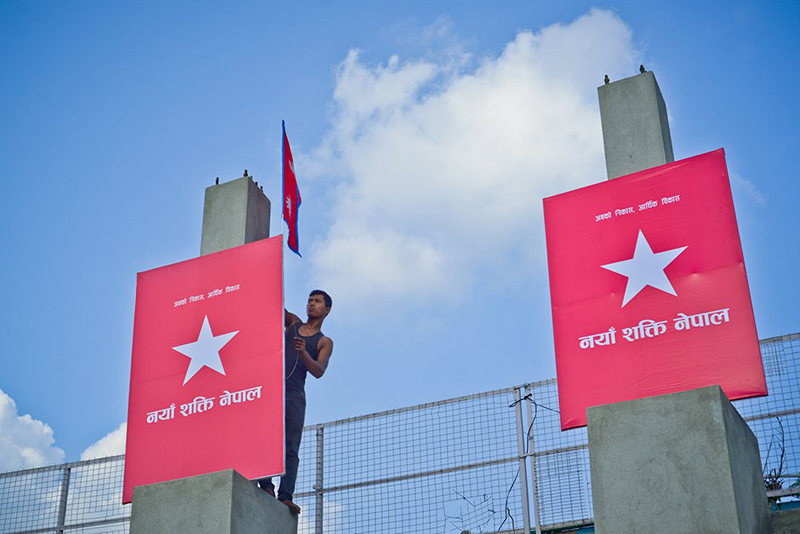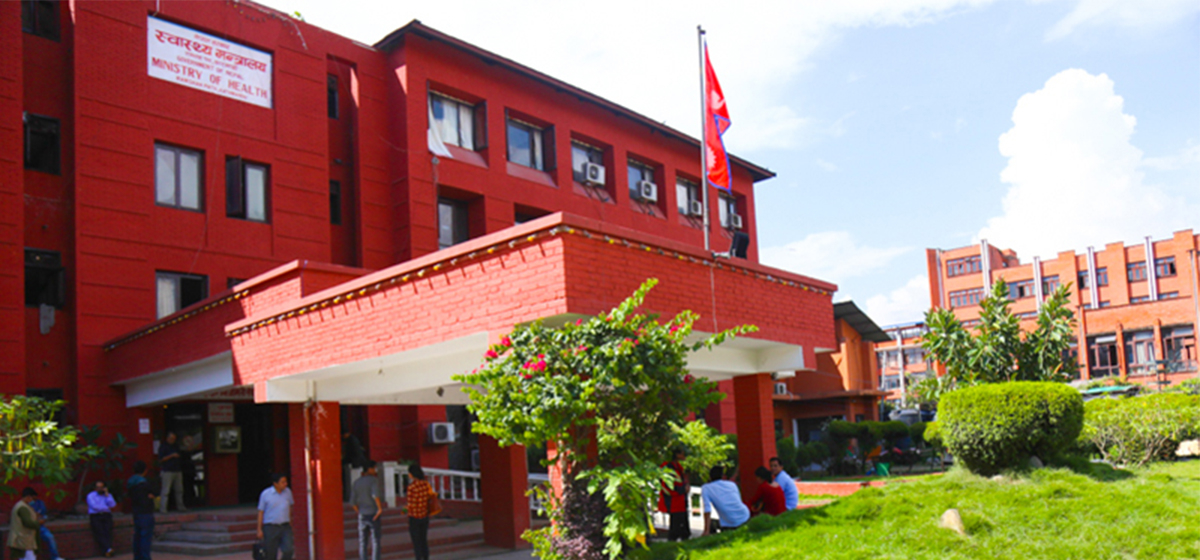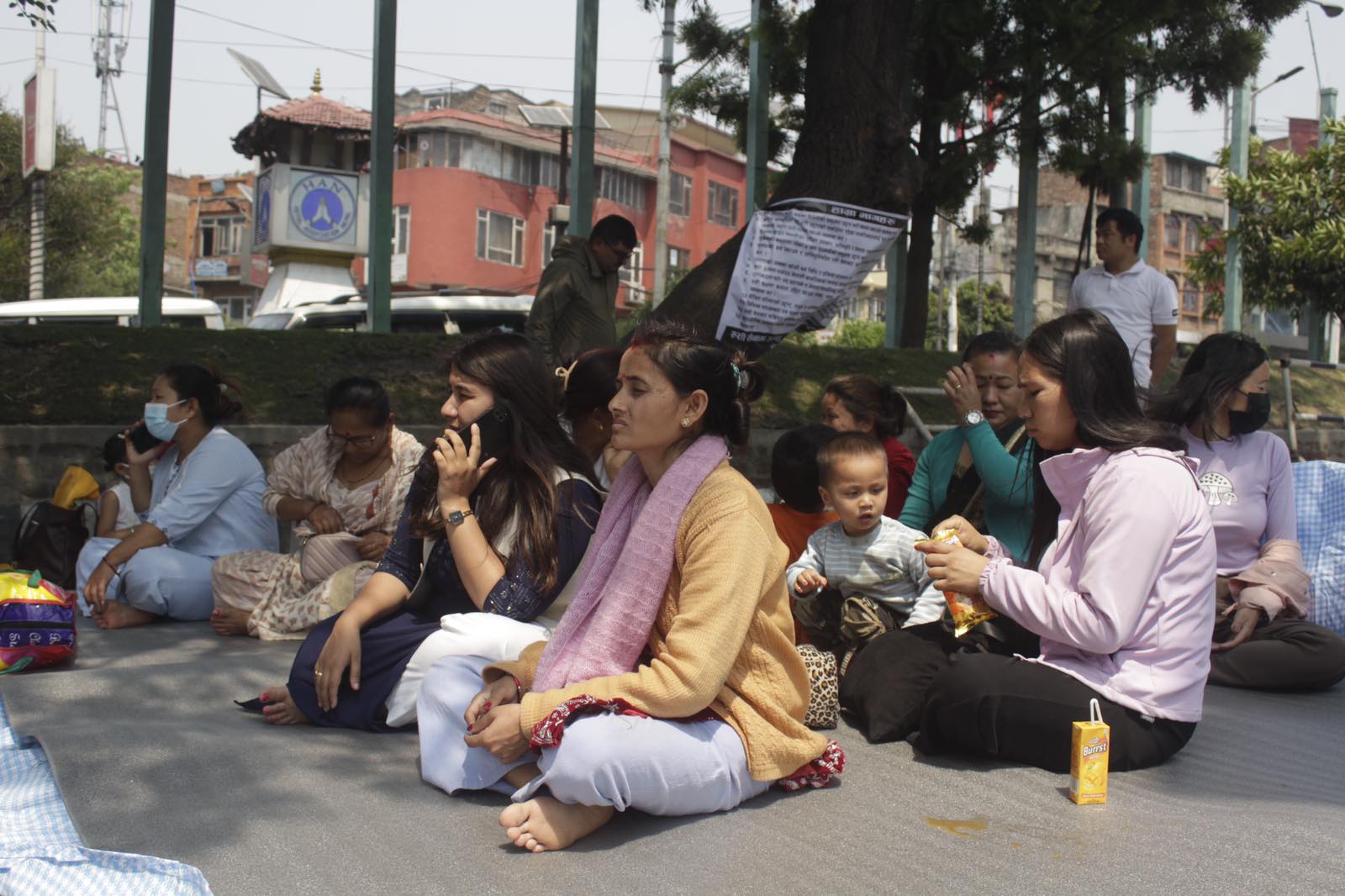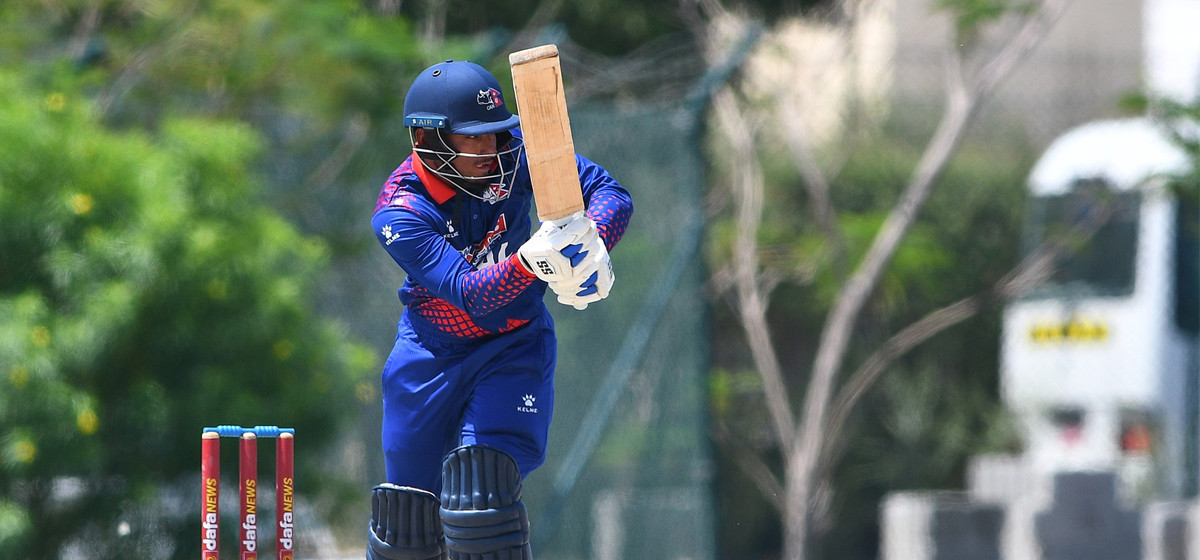
OR

More from Author
Hans Morgenthau argues that there can never be ‘alternative political forces’ to replace political parties.
The founding ideologues of political parties who wanted to design a system for articulating people’s interest would perhaps be mystified if they witnessed the proliferation of political parties in Nepal. Buddi bilas (debate born of intellectual curiosity) in the name of ‘alternative parties’ in Nepal calls for a brief assessment of history of political parties globally.
On their journey to institutionalize democracy, most countries go through three phases: party proliferation, party integration and party stabilization. The constitution of Nepal and the recently enacted electoral laws aim to usher our country on the path of party integration, thereby leading to party stabilization through provisions of threshold and merit requirements for parties to register with the Election Commission. But this does not discourage emergence of new political thoughts and organizations. Political scientists like Hans Morgenthau argue that there can never be ‘alternative political forces’ that can replace political parties. In this light, Naya Shakti, Sajha Party and Bibeksheel Nepali Party are perhaps misnomers.
But Nepali media are giving much space to these alternative political forces. Unlike in hardcore physical science, ‘invention’ in social science is seldom tested in laboratory, more so in case of power politics where the intention is to assume the power through election. Politics should reflect the sentiment of the people at large, not just the ideas copied from outfits like Arvind Kejriwal’s Aam Aadmi Party (AAP) and Mamata Banerjee’s Trinamul Congress, even though these Indian outfits do not claim to be alternative political forces. Significantly, Banerjee’s All India Trinamul Congress was able to bring to an end to 34 years of communist rule in West Bengal.
The outfits aspiring to establish themselves as alternatives to mainstream parties in Nepal need to think: What is their contribution to the cause of democracy in the country? The 70-year-old Nepali Congress and 40-year-old CPN-UML have a history of fighting the authoritarian establishments. It took the Maoists 10 years of living closely with the people to emerge as a force to be reckoned with. We cannot expect a value-based political system when we are embarking on a new phase of nation-building.
The new forces may be looking to capitalize on the gaps that will naturally emerge during the implementation of the new federal system. But there is something they must be mindful of.
Baburam Bhattarai who established Naya Shakti with great fanfare must have by now realized that there is little ‘new’ about his party, which continues to lag far behind today’s Maoist Center, under which he had championed the twin cause of peace and constitution. He must have realized that a political party cannot be sustained without a strong cadre base.
The jubilation of Bibeksheel and Sajha Party over their good showing in local elections in Kathmandu valley is understandable. But these parties do not have any history, nor the legacy of contributing for the larger political cause. Again, how have they contributed for the cause of democracy in the country? And how close are they with the people?
Yes, they were able to challenge mainstream parties in local elections. If they had not contested the polls, election results in Kathmandu could have come out differently. But they would be mistaken if they see their votes as endorsement of their ideology, if they have any. Kathmandu always gives important messages during elections. This time their message was: We want old parties to mend their ways, and we do not trust the alternative forces yet.
Of course mainstream parties could also learn from these new forces. Journalist Bijya Kumar Pandey said during one episode of his hit TV talk-show Disha Nirdesh that we should “stop complaining that we have no leaders.” Let me add, if our leaders are weak, let us enable them.
Alternative forces can play a key role in making old forces responsive and accountable. If they persevere, the new forces may even be able to win a few seats in provincial and federal parliament elections. But it will take them long time to establish themselves like Kejriwal’s AAP or Banerjee’s All India Trinamul Congress. Even Banerjee has a long political legacy that she has inherited from the Indian National Congress.
The goal of the new outfits in Nepal is vague and hence they will struggle for credibility.
The dismal performance of Naya Shakti, for example, in first and second phases of local elections suggests that Baburam Bhattarai is struggling to win people’s hearts and minds despite his long career in politics.
One can expect little from these forces whose focus seems to be reaching out to people through social media. This is why these alternative forces need to join hands with mainstream forces, especially when they have failed to create a space of their own.
Mainstream parties, for their part, should create a space for these smaller outfits so that they too can contribute to nation-building. Leaders of alternative political forces can be good political managers, if not political leaders.
The author is a CPN (Maoist Center) lawmaker
You May Like This

Congestion delays berthing of vessels carrying Nepal-bound cargo
BIRGUNJ, Oct 24: Vessels have not been able to unload Nepal-bound cargoes at the Kolkata port thanks to port congestion. Freight... Read More...

Empty side
Made in heart, inside the core, The space where no one belongs It’s cold and sad and longs colors If... Read More...

96 percent of containers bringing import goods return empty
BIRGUNJ, Aug 1: More than 96 percent of containers that enter Nepal carrying third-country imports from Indian port have been returning... Read More...


Just In
- In Pictures: Families of Nepalis in Russian Army begin hunger strike
- New book by Ambassador K V Rajan and Atul K Thakur explores complexities of India-Nepal relations
- Health ministry warns of taking action against individuals circulating misleading advertisements about health insurance
- UAE secures spot in ACC Premier Cup final, defeating Nepal by six wickets
- NC to boycott Gandaki Province Assembly, submits letter to Speaker
- 850 grams of gold seized from Indian national at TIA
- Rupandehi District Court orders to release Dipesh Pun on a bail of Rs 400,000
- Teachers’ union challenges Education Minister Shrestha's policy on political affiliation














_20240311121839.jpg)

Leave A Comment